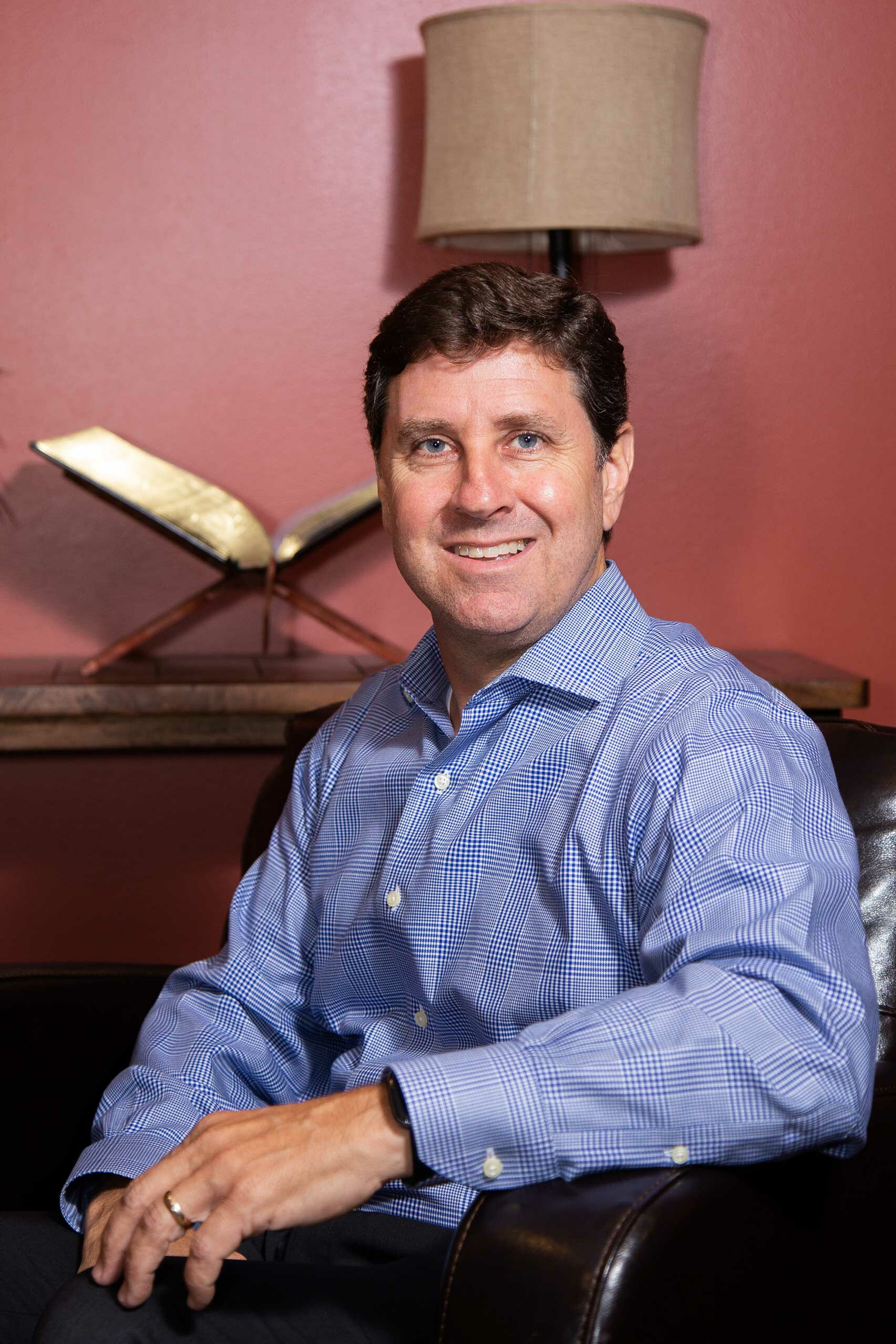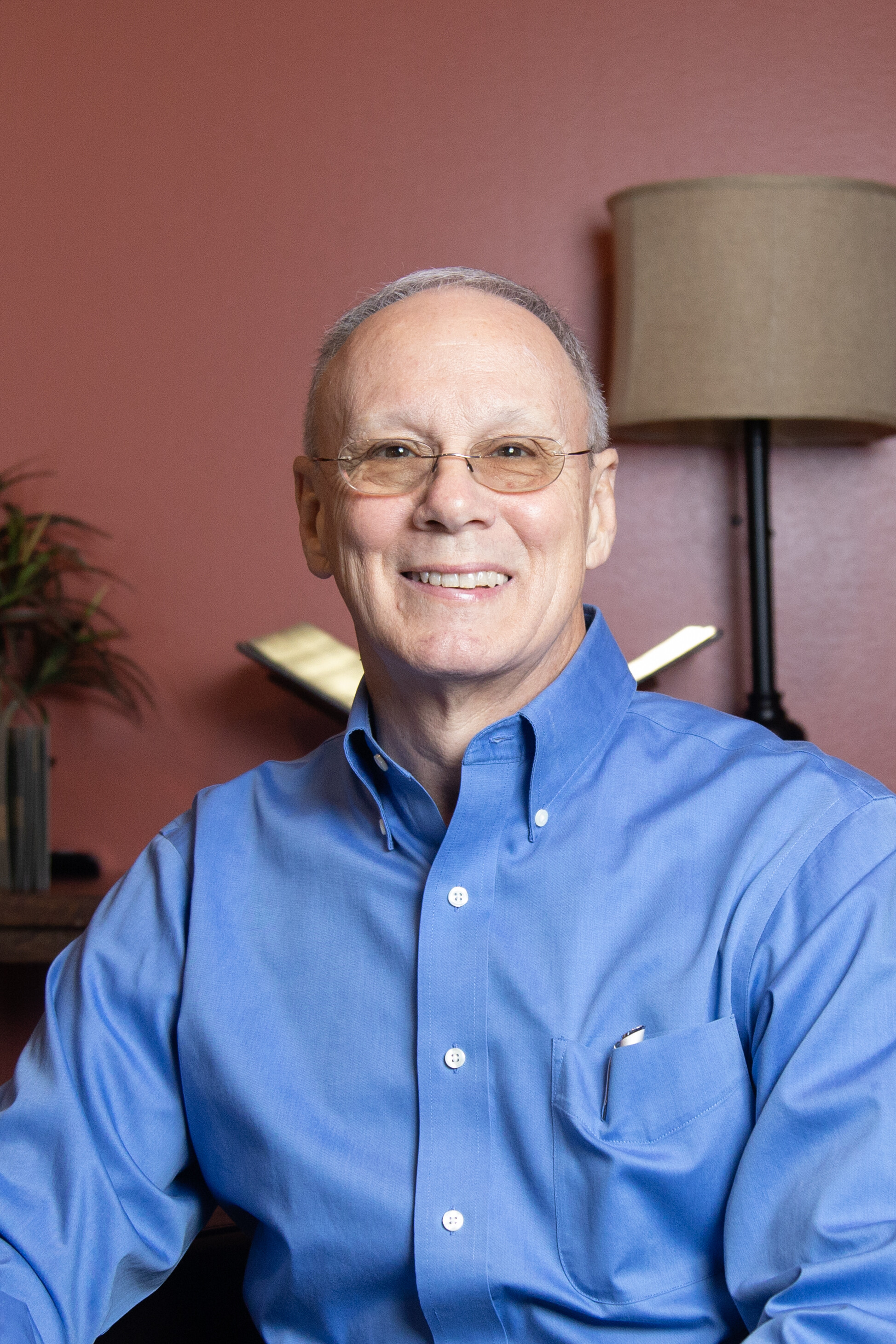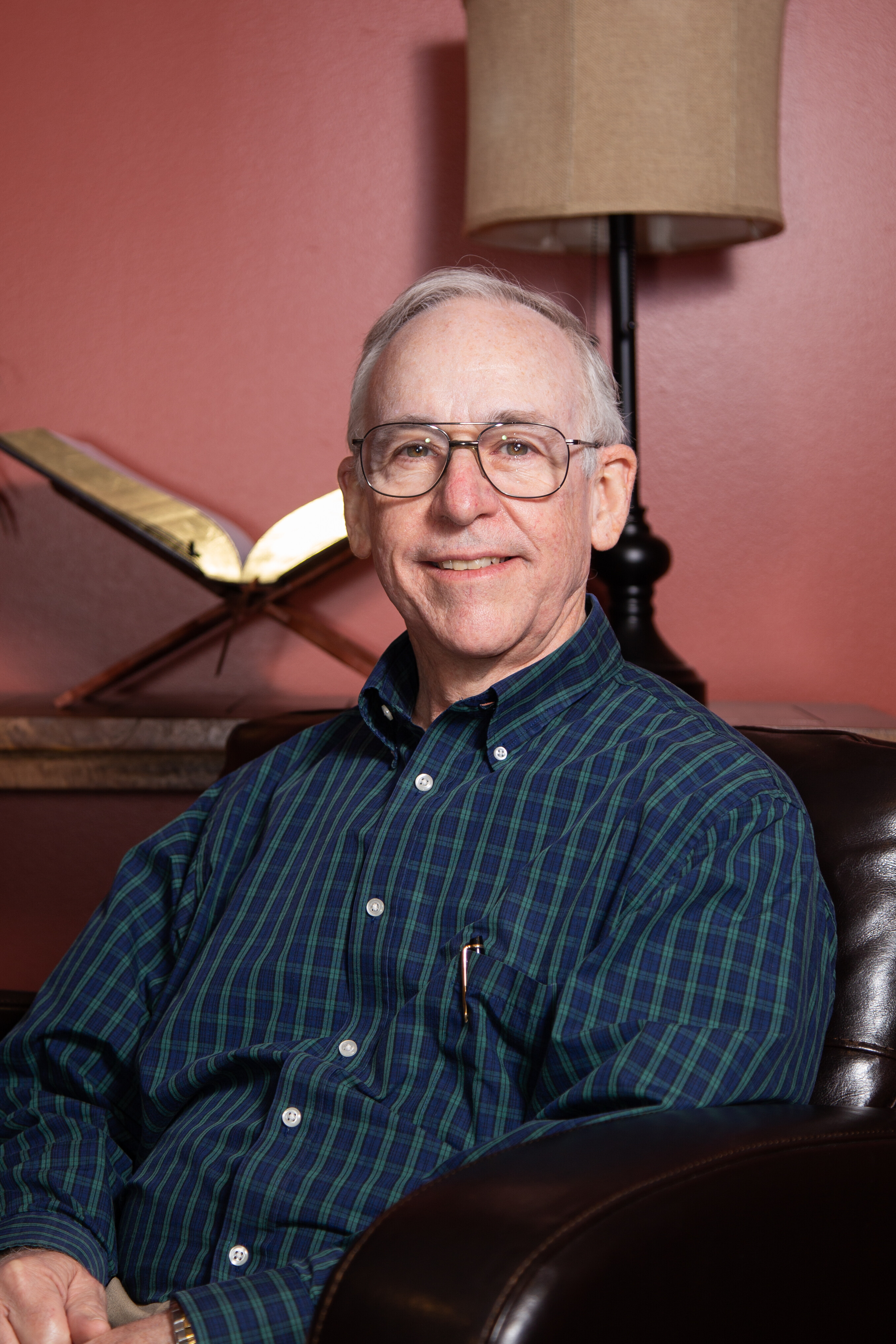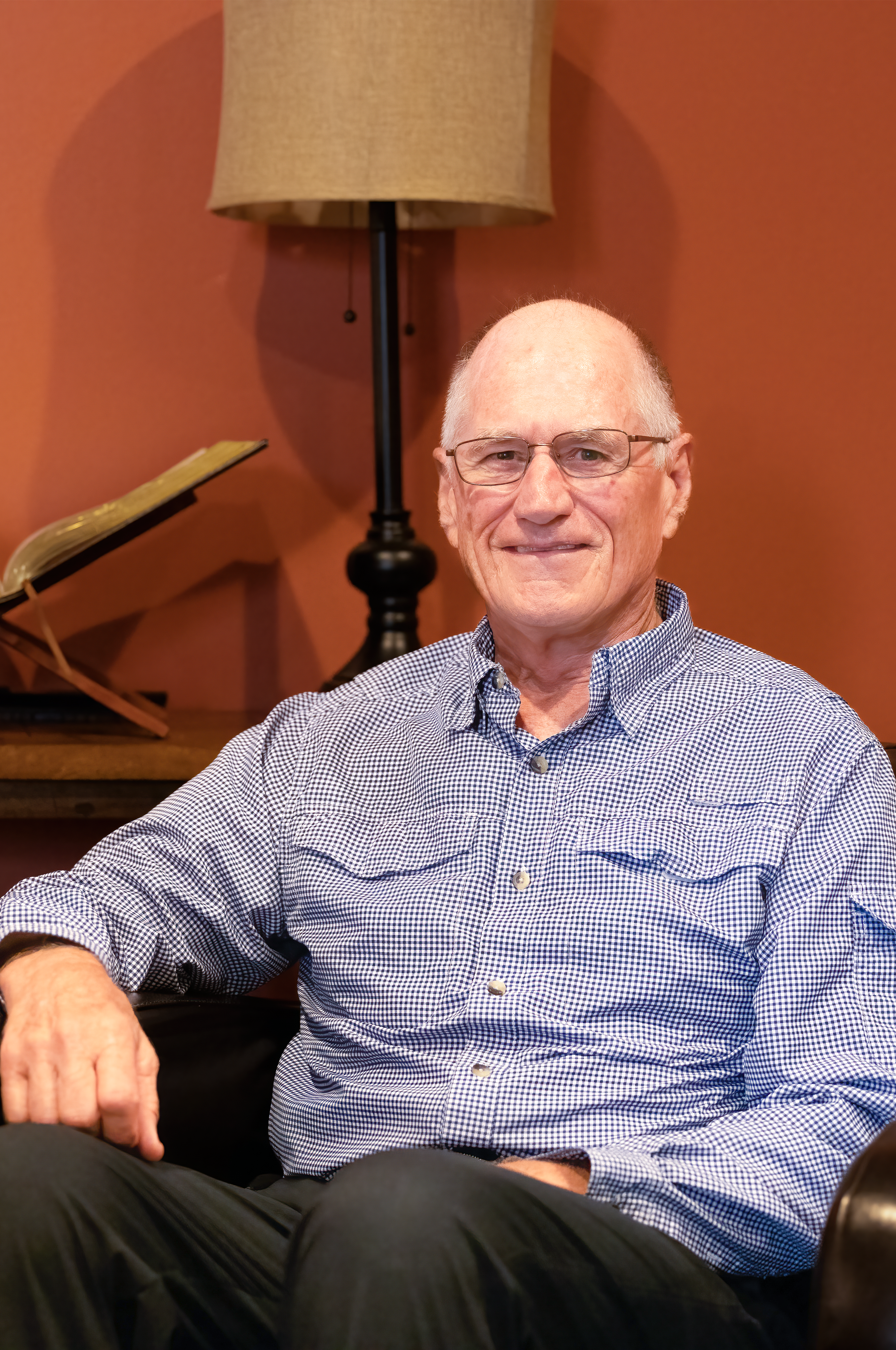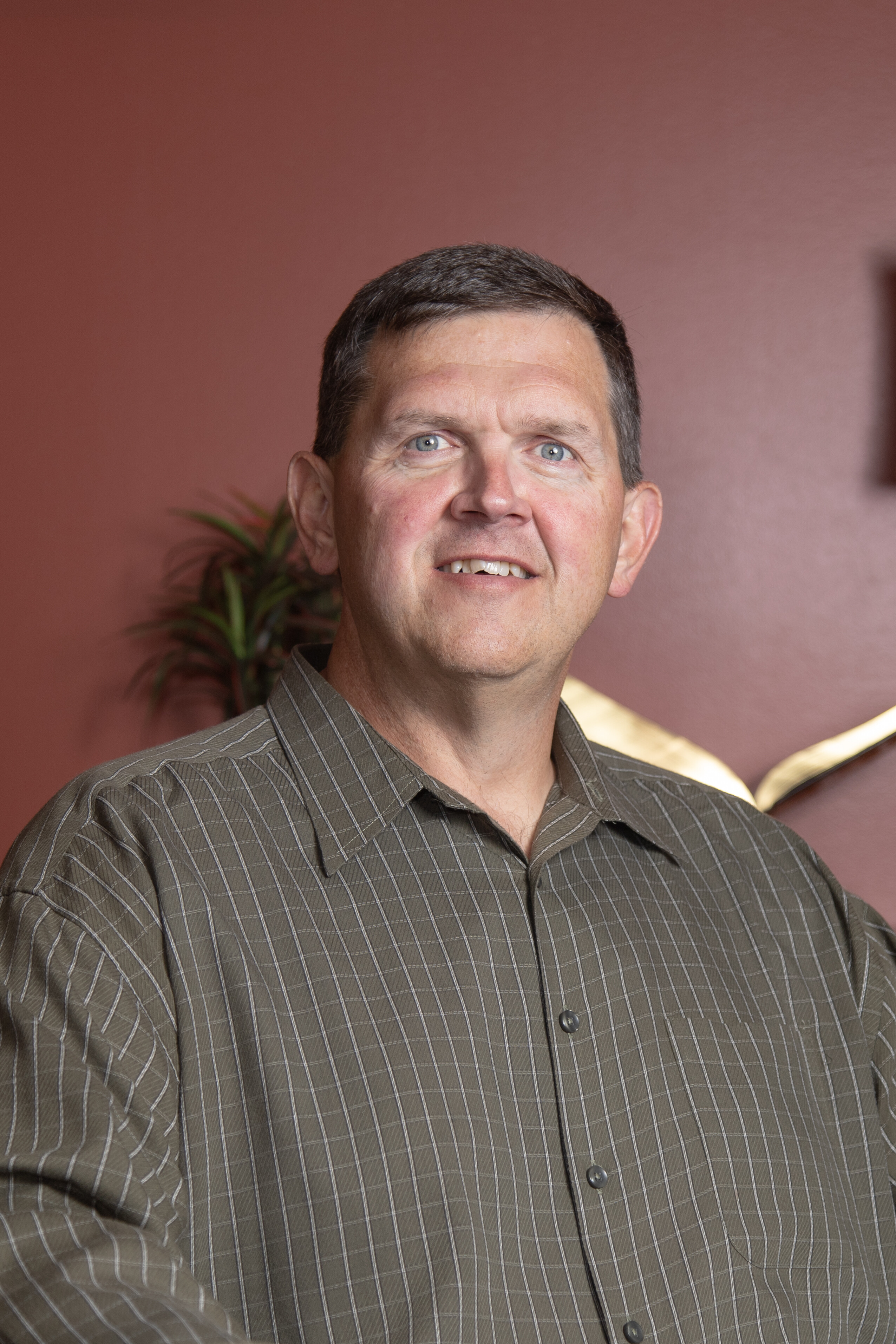Bylaws FAQ's
What are bylaws?
Bylaws are the governing documents by which a non-profit organization operates. They state what the church is required to do and what it can/cannot do to operate. These are important documents for the church.
Why are these changes being made?
1. Our current bylaws are more than ten years old, and they should be reviewed and updated regularly. The Church Council went through a thorough review process and is recommending some changes.
2. There have been some cultural changes in the world, and we wanted to make sure the church was protected against outside challenges. For example, if we were to refuse to host a gay wedding at our facility, we wanted to verify that our governing documents were sufficient to protect the church legally.
3. After an extensive review of biblical materials regarding church governance, the Church Council has a conviction that our current form of governance does not closely align closely enough with scripture. An elder-led form of governance would more closely align us with the teachings of the Bible.
What is our current form of church governance?
FBC is currently “congregational led”. This means that the congregation has the final say on matters before the church. The congregation votes on the budget, hires ministry staff, approves church council members, decisions around debt, hires and fires the senior pastor, acquires property, etc. The final authority in the church is the people or the congregation.
Is a Congregational-led church a bad thing?
It is not a bad thing, but it is not the best thing according to our extensive study of the Bible. The Bible does not prohibit congregational voting, but it does prescribe a structure where the authority of the church is vested in a group of leaders called elders.
What about deacons? Aren't they leaders?
The word “deacon” means servant. The deacons are leaders by example, but not by position. Nowhere in the Bible are deacons given any kind of leadership responsibility. They serve the body in various ways, but the Bible repeatedly gives the elders of the church the position of leadership. At FBC, the deacons as a group are not given any leadership or decision-making responsibilities. They are there to serve and meet needs in tangible ways.
What about the senior pastor? Isn't he the leader of the church?
The senior pastor is given the responsibility for the day-to-day management of the church. And in function, the senior pastor does perform many responsibilities of leadership. However, the congregation is the authority in the church. For example, under our current bylaws, the congregation can choose, by congregational vote, to terminate the senior pastor for any reason they deem sufficient. The budget that the church operates by and is managed by the senior pastor is approved by congregational vote. Therefore, any initiative the senior pastor believes the church should be undertaking can be unfunded by the congregation. His salary is ultimately determined by the congregation. The staff members the senior pastor chooses to help him fulfill the mission and vision of the church must be approved by a congregational vote. If they do not like them, regardless of the desires of the senior pastor, they can refuse them by congregational vote. These examples illustrate that while the senior pastor may be the leader of the church, he must go to the congregation for approval of these things, which makes them his authority and the ultimate authority in the church.
What are the main differences between the old bylaws and the new bylaws?
Because the final authority of the church is shifting from the congregation to the Elder Board, the new bylaws require fewer votes by the congregation. Some things previously voted on by the church body will now be decided by the Elder Board. There is also a greater responsibility on the Elder Board to keep the church informed of what decisions are being made and to solicit feedback on those decisions. So while there will be less voting by the congregation, their knowledge and exposure to what the Elder Board is doing will be greater than in the past.
What is an elder?
An elder, in essence, is an overseer or shepherd in the local church. These elders have been identified, examined, and chosen to oversee the local church. If a man answers the call of the church to fulfill this role, he will be called to shepherd the spiritual community, fight for the unity of the flock, and protect the church from doctrinal heresy. The elders are not a board of directors that are purely decision-makers. They are shepherds who take their direction from the Good Shepherd. These elders are accountable not to the congregation, but to the Lord for their work in the church. Jesus is the true ultimate authority for the church. We believe the Bible teaches this role is limited to men, which reflects headship and accountability taught throughout scripture.
Who can serve as an elder at FBC?
We base this answer on the requirements for an elder listed in 1 Timothy 3:1-7 and Titus 1:6-9. For further explanation of these requirements, see the document Elder Board Job Description.
What is the biblical basis for elders?
Acts 11:30, 14:23,15:2, 15:4, 16:4, 21:18, 20:17; Titus 1:5 – All of these verses refer to elders and it is always used in the plural.
Titus 1:6-9 and 1 Tim. 3:1-7 refer to the qualifications of an elder
Titus 1:5 – Paul’s instruction to appoint elders in every city
1 Tim. 5:17-20 – elders work at preaching and teaching
Acts 20:17-31 – elders are to guard the flock and shepherd the church of God
Titus 1:9 – elders are to exhort in sound doctrine and refute those who contradict it
1 Pet. 5:1-4 – elders are to shepherd the flock of God
James 5:14 – elders are to pray for the sick
Hebrews 13:17 – elders keep watch over the souls of the church
How many elders will FBC have?
The new bylaws require a minimum of five elders to serve on the Elder Board. There is no maximum number of elders. There will be “active” elders who serve on the Elder Board and inactive elders who are not currently serving on the Elder Board but would still be members of the congregation. The church will be notified when an elder becomes active or inactive or when new elders are ordained and become part of the Elder Board.
How long can elders serve on the Elder Board?
Elders can serve for a maximum of four years in a row on the Elder Board before they must take a step away for at least one year. Three years is the recommended length of an elder’s tenure on the board.
How will new elders be added to the Elder Board?
The existing Elder Board will go through a process of selecting and vetting elder candidates. If the Board and the elder candidate both agree to their addition to the Elder Board, the Board will announce the addition to the congregation and allow a three-week time period to receive feedback from the congregation. If after this time period the Elder Board and the candidate both desire to continue, the candidate will be ordained as an elder during a service and added to the Board. If the Elder Board desires to add someone to the Board who is already an ordained elder, the Board will notify the congregation and allow for a three-week window to receive feedback from the congregation. Any additions to the Elder Board or anyone stepping away from the Board must be announced to the congregation.
How do Elder Board votes work?
1. There must be a majority of the Elder Board present for a vote. If there are seven elders, four must be present.
2. There must be 60% of the total Elder Board in favor of something to be approved. If there are seven elders, four could meet but it would fall short of the 60% necessary to pass anything even if all four agreed. Four out of seven is only 57%.
3. The Elder Board will strive for unanimity. That means that we will seek to be unanimous on any decision. We believe any man on the Elder Board is there because God has them there. If one elder believes we should wait, we will if possible. However, we do not want to be held hostage by one elder. So, we will allow a majority of 60% to move forward. But in all these processes, we pray for and work for unity.
Does the Lead Pastor have to be present for the Elder Board to make decisions?
No, if there is a majority of the Elder Board present, meetings can still occur. If there is 60% approval from the total Elder Board, decisions can still be made. Any meetings of the Board where decisions are made must be given sufficient notice to allow for any member of the Elder Board, including the Lead Pastor, to be present.
Doesn't the staff function like Elders?
In one sense they do. Many Baptist churches would say they are following the scriptural requirement for elders with their church staff. However, the question still remains, “Who has the authority in the church?“ If it is the congregation who hires and fires the staff, sets budgets, etc., that would not be aligned with what we believe the Bible teaches. If the staff fills the role of elders, do they have the authority in the church to do whatever they want, or is there someone in authority over them, such as the congregation or a senior pastor? If so, this means the “senior pastor” who is the head of the organization would “outrank” or have authority over the other staff/elders. This would violate the scriptural teaching on the multiplicity of leaders, which we also believe would not be aligned with scripture. This kind of structure also often leads to unhealthy environments where the senior pastor can go unchecked and can run amok with no one to hold him accountable. An Elder Board consisting both of the Lead Pastor and lay members most closely follows scriptural teaching and solves these problems.
Why aren't more staff on the Elder Board? Are they not qualified?
We believe any male who is on ministerial staff would meet the requirements for an elder. (We believe the office of Elder is restricted to men by scripture. Therefore, females on the ministerial staff would not qualify as an elder, but they must still fulfill the character requirements of an elder. The standard of an elder in 1 Timothy and Titus is what we expect from all of the ministerial staff.) It is not because they do not meet the requirements that they are not on the Elder Board or considered to be elders. Currently, we believe the dynamic created by adding other ministerial staff to the Elder Board would not be the best for FBC. For example, if all elders are equal, and the Adult Minister is on the Elder Board with the Lead Pastor, who is his supervisor/authority figure, it can create some confusion. This might change in the future and the bylaws do not restrict other ministers from becoming part of the Elder Board. For further clarification, there are numerous men in the congregation who could serve on the Elder Board. We have limited it to these seven based on what we believe is best for FBC right now.
Are all the elders on the Elder Board equal?
Yes. Each elder has an equal vote, including the Lead Pastor. The Board will select a Chairman, Vice-Chairman, Secretary, etc., but these roles are only for organization and effectiveness. The Chair does not have a greater vote or voice than anyone else.
What happens when an elder steps away from the Elder Board?
If an elder steps away from the Elder Board, he becomes an inactive elder. He is no longer a member of the Elder Board. Only elders who are part of the Elder Board may participate in board meetings and vote on issues before the board. These “inactive” elders would continue to serve in the body, teaching and exercising their gifting as the Lord leads. If there Is a case when an elder falls under discipline and the title of elder is removed from him by the Elder Board, they are no longer elders or eligible to serve on the Elder Board without going through a restoration process.
What things will the congregation continue to vote on?
1. Any debt incurred by the church that is greater than 25% of the average of the previous three year’s actual expenditures. For example, we currently average around $2 million in expenses each year. This means that the Elder Board could not enter into any debt greater than $500,000 without congregational approval.
2. Any purchase or sale of real property. Real property is land, buildings, etc. For example, we could buy a new computer but not ten acres of land without congregational approval. In turn, for example, we could not sell land we currently own without congregational approval.
3. Dissolution of the church. Should it ever get to the point where there is no viable path forward for the church to continue operations, a vote of the congregation is required to dissolve the church. Non-profit law governs what happens in the event this step becomes necessary in divesting the assets of the church.
4. Any change to the bylaws that affect the voting rights of the congregation – For example, we could change legal language in the bylaws that would further protect the church without having to go through a church vote, but we could not turn around and change the bylaws that would allow us to sell real property without church approval. Any changes to the bylaws would be announced to the congregation.
What are some things the congregation will no longer be voting on?
1. The congregation currently votes to approve the members of the Church Council annually. Upon the approval of the new bylaws, the Church Council will cease to exist. Moving forward, new elders that are being added to the Elder Board will be presented to the congregation by the Elder Board. There will be a three-week window where the congregation can give the Elder Board any pertinent feedback on the prospective elder that might prevent them from serving. But the new elders will not be voted on by the congregation.
2. Church Budget – The Elder Board will present the annual church budget to the congregation. There will be a three-week window where the congregation can give any feedback to the Elder Board, but there will not be a formal vote.
3. New ministerial staff – New ministerial staff will be presented to the congregation and the congregation will be given a three-week window to provide pertinent feedback on the prospective minister. Support staff, administrative staff, assistant ministerial staff, etc. do not currently require a congregational vote and will not be moving forward.
4. Hiring or terminating the Senior/Lead Pastor – The new bylaws change the title of this position to Lead Pastor from Senior Pastor, which we believe more accurately reflects the responsibilities of the position. In the past, a vote by the congregation to hire or terminate the Lead Pastor was required. If there is a vacancy in this position, the Elder Board can use whatever means they determine necessary to find a replacement. The candidate for Lead Pastor will be presented to the congregation, there will be a three-week window for feedback, and then the hire can become official. The Lead Pastor will be a standing member of the Elder Board.
5. Changing denominational affiliation – The Elder Board has the responsibility to shepherd and protect the flock of God. Should circumstances in the Southern Baptist Convention (SBC) or Southern Baptists of Texas Convention (SBT) deteriorate theologically or ethically to the point where the Elder Board no longer believes FBC can, with any integrity, remain affiliated with them, the Elder Board will make that known to the congregation. The Elder Board will open a window for discussion and feedback for a minimum of three weeks for feedback and discussion before making a decision to disaffiliate with the SBC or SBT.
"I get the biblical arguments, but this is just a foreign concept to me! I've been a Baptist my whole life. I'm just not comfortable with this. What do i do?"
All of us have things in our lives that we are comfortable with but that do not align with the Bible. Where the Bible is clear, we will obey it. Traditions and comfort are hard to let go of, but it is worth it to be more in line with what the Bible teaches. We believe the more closely aligned we are with the Word of God, the more in line we are to receive the blessing of God. We do not want to move one step away from where God mostly blesses.
Does the congregation have to approve these bylaw changes?
Yes. The current bylaws require two-thirds approval of members present at a business meeting for any bylaw changes.
Why should we vote to approve these bylaws?
1. We want to be as closely aligned with the Word of God as we can be. Where the Bible is clear, we will obey it. The current ministry staff and the Church Council believe, unanimously, that the Bible is clear in having a multiplicity of leaders called elders for church governance.
2. Everywhere elders are discussed, it is always plural. Currently, the Senior Pastor is ultimately responsible for the care and shepherding of the entire flock. This is too much for one person and not the biblical design for that reason.
3. Having a multiplicity of leaders allows each elder to function according to their gifting and share the load of ministry most effectively. For example, the Lead Pastor must be able to teach by the biblical requirement for elders, but it might not be his strength. His strength may be in leadership. Another elder who has the gift of teaching could take on more of those responsibilities allowing the Lead Pastor to exercise his gifting more effectively. It is the body of Christ at work.
What happens if the new bylaws are not approved?
The old bylaws will remain in effect. The implications of this, however, are far-reaching. If the congregation votes NOT to approve these bylaws, it will be going against the unanimous recommendation of the spiritual leaders of the church: the Church Council and the ministerial staff. It will also be voting against what the spiritual leaders of the Church believe to be the most faithful reflection of what the Bible teaches about church governance. It will be, in essence, a vote of “no confidence” in the leadership of the church.

